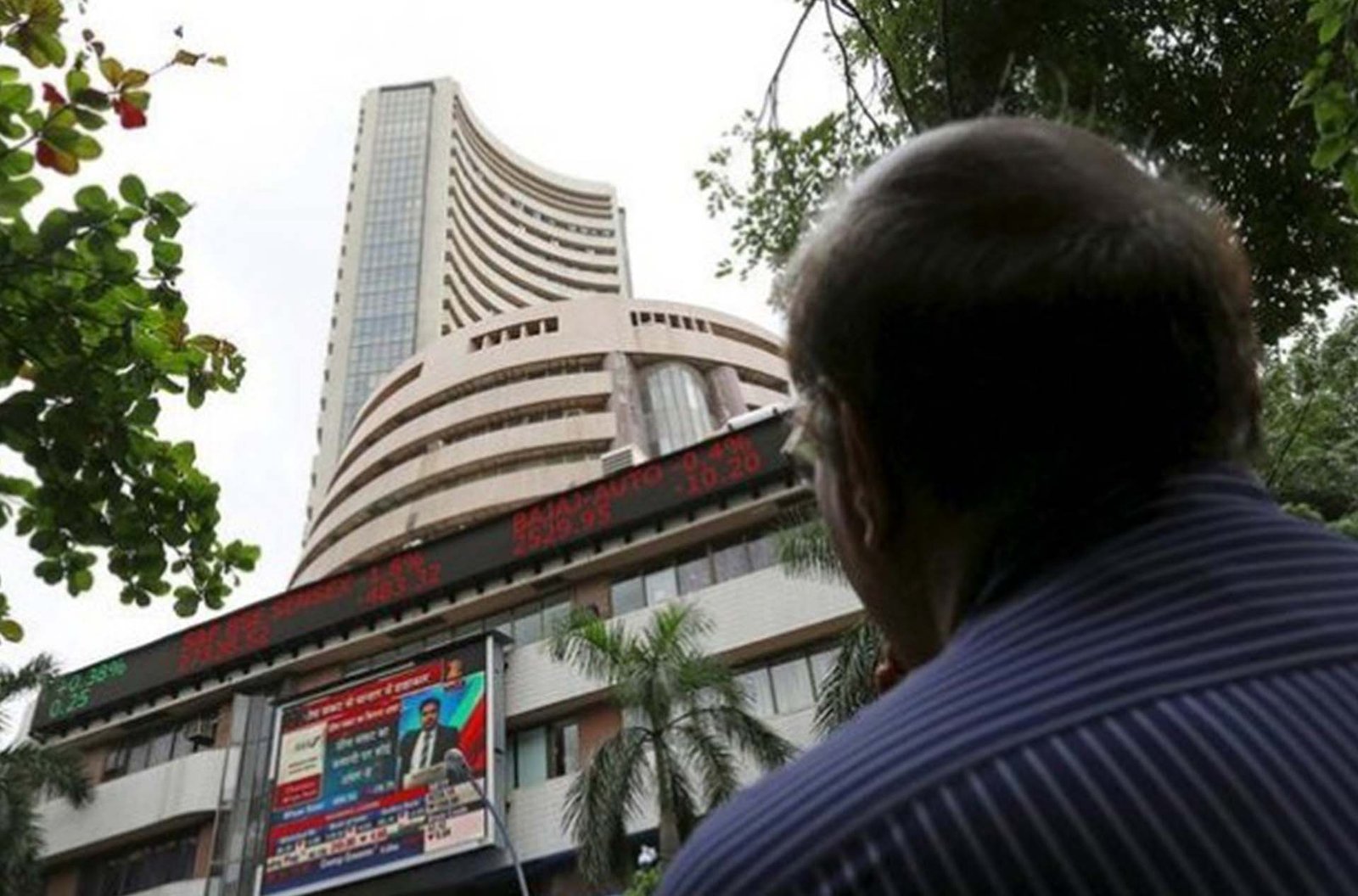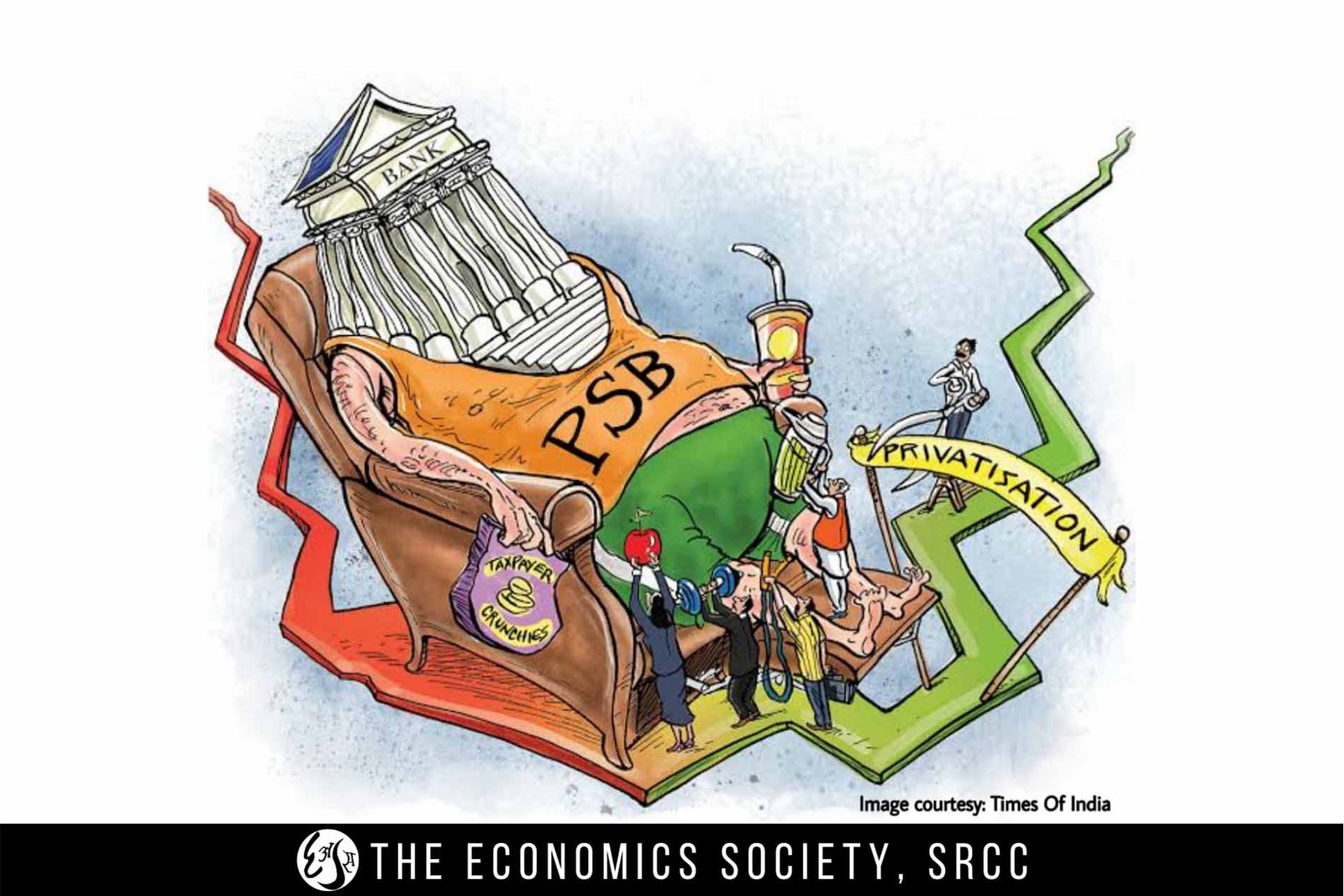
Published in:
Business And Finance
The Curious Case of All-Time Highs

These are confusing times. While the headlines of the newspapers talk about the on-going recession, the finance section paints a different story altogether. Sensex and Nifty 50, India’s stock indices are shooting upward in all disregard to the ostensible slowdown at hand. What could possibly be such a moving factor which is looking to defy what people term a worse recession than 2008?
Stock markets run more on sentiment rather than substance and it’s important to factor that in while looking at the picture. The fear of a slowdown coupled with a hope that the worst has passed has given investors a green signal for the large players in the equity markets. As the investors start parking their money in large-cap, mid-cap and small-cap stocks find themselves in trouble. While the benchmarks run rampant touching all-time highs, the MidCap and SmallCap indices see a downward trend pervasively. All in all, this market rally could be a classic case of index management, where the index, being represented by only a few good stocks end up painting a rosier picture than what usually exists in the economy. It, however, might not be a good idea to push the valuation of the benchmarks sky-high as that ends up setting the stage for an imminent fall.
It is also quite possible that the market is discounting the current and expected government intervention. Although the economy is reeling from a slowdown, the market is already trying to look at the reforms which the government may launch in favour of the economy. There is popular rhetoric that the markets don’t bet on the economy as much as they’d do on some other factors like stability, government priorities, next set of reforms and the likes. As long as the people think the government is more or less on the right track, putting money in the markets will eventually pay off. Moreover, the government has a history of being lenient with its fiscal purse during a time of crisis and that could be a moving factor in why the markets are responding in high spirits despite a gloomy on-ground reality. Be it the 2002-03 crisis where the government increased spending on public infrastructure by Rs. 37919 crores along with an increased flow of credit to agriculture to Rs. 75,00 crores, or the 2012-13 slowdown, where the government increased its spending accompanied by a cash reserve ratio cut of 2% and repo rate cut by 1%.
The people have not been let down in the fiscal regard though, as the government has already taken a few measures to steer the sinking economy from the clutches of a deep and painful recession in the form of a corporate tax cut, a Rs. 25,000 crore package to the real estate sector and now Rs. 102 lakh crore worth of infrastructure projects in the sectors of power, railways, urban irrigation, mobility, education and health.
The markets also expect tweaks from the upcoming budget – changes in income tax rates, long-term capital gains and dividend distribution tax. All this seems to have rallied the markets to touch the all-time highs the government so proudly proclaims to dismiss all the claims of a slowdown. This, however, is a difficult road we tread as the government might not choose to risk the fiscal position of the country any further. An initial investment to bolster the growth just once and not spreading it out to whenever required might spell more problems for the long term – but that is a discussion for another day.
The liquidity spurt all around the world has to also be given thought to. Equities are pricey but Indian investors still find themselves investing heavily in equities because no other solid alternatives remain. Post demonetization, the existence of real estate as an asset class has been negated to quite an extent. The volatile geopolitical conditions make gold shine – very literally. Still, the Indian investor finds it too difficult to invest up to Rs. 40,000 in ten grams of gold. Furthermore, the criminally low rates of interest make riskier buys more lucrative as the yields are positive. Indian savings find themselves parked in equity markets thanks to the success of the Systematic Investment Plans. More money in equities eventually ends up pushing index valuations up and seem like a plausible reason the indices are where they are.
The phenomenon of high index valuations seems as global as the recession too, as can be seen in the case of The Dow from the States, which is also seeing unprecedented growth in the face of a recession. Whether the valuations will splurge higher or come crashing down is a question which cannot possibly be answered correctly by anyone bar time and the investors might have to hold their horses on that.
By Aaradhya Daga, 1st year undergraduate student, SRCC.
Stock markets run more on sentiment rather than substance and it’s important to factor that in while looking at the picture. The fear of a slowdown coupled with a hope that the worst has passed has given investors a green signal for the large players in the equity markets. As the investors start parking their money in large-cap, mid-cap and small-cap stocks find themselves in trouble. While the benchmarks run rampant touching all-time highs, the MidCap and SmallCap indices see a downward trend pervasively. All in all, this market rally could be a classic case of index management, where the index, being represented by only a few good stocks end up painting a rosier picture than what usually exists in the economy. It, however, might not be a good idea to push the valuation of the benchmarks sky-high as that ends up setting the stage for an imminent fall.
It is also quite possible that the market is discounting the current and expected government intervention. Although the economy is reeling from a slowdown, the market is already trying to look at the reforms which the government may launch in favour of the economy. There is popular rhetoric that the markets don’t bet on the economy as much as they’d do on some other factors like stability, government priorities, next set of reforms and the likes. As long as the people think the government is more or less on the right track, putting money in the markets will eventually pay off. Moreover, the government has a history of being lenient with its fiscal purse during a time of crisis and that could be a moving factor in why the markets are responding in high spirits despite a gloomy on-ground reality. Be it the 2002-03 crisis where the government increased spending on public infrastructure by Rs. 37919 crores along with an increased flow of credit to agriculture to Rs. 75,00 crores, or the 2012-13 slowdown, where the government increased its spending accompanied by a cash reserve ratio cut of 2% and repo rate cut by 1%.
The people have not been let down in the fiscal regard though, as the government has already taken a few measures to steer the sinking economy from the clutches of a deep and painful recession in the form of a corporate tax cut, a Rs. 25,000 crore package to the real estate sector and now Rs. 102 lakh crore worth of infrastructure projects in the sectors of power, railways, urban irrigation, mobility, education and health.
The markets also expect tweaks from the upcoming budget – changes in income tax rates, long-term capital gains and dividend distribution tax. All this seems to have rallied the markets to touch the all-time highs the government so proudly proclaims to dismiss all the claims of a slowdown. This, however, is a difficult road we tread as the government might not choose to risk the fiscal position of the country any further. An initial investment to bolster the growth just once and not spreading it out to whenever required might spell more problems for the long term – but that is a discussion for another day.
The liquidity spurt all around the world has to also be given thought to. Equities are pricey but Indian investors still find themselves investing heavily in equities because no other solid alternatives remain. Post demonetization, the existence of real estate as an asset class has been negated to quite an extent. The volatile geopolitical conditions make gold shine – very literally. Still, the Indian investor finds it too difficult to invest up to Rs. 40,000 in ten grams of gold. Furthermore, the criminally low rates of interest make riskier buys more lucrative as the yields are positive. Indian savings find themselves parked in equity markets thanks to the success of the Systematic Investment Plans. More money in equities eventually ends up pushing index valuations up and seem like a plausible reason the indices are where they are.
The phenomenon of high index valuations seems as global as the recession too, as can be seen in the case of The Dow from the States, which is also seeing unprecedented growth in the face of a recession. Whether the valuations will splurge higher or come crashing down is a question which cannot possibly be answered correctly by anyone bar time and the investors might have to hold their horses on that.
By Aaradhya Daga, 1st year undergraduate student, SRCC.


